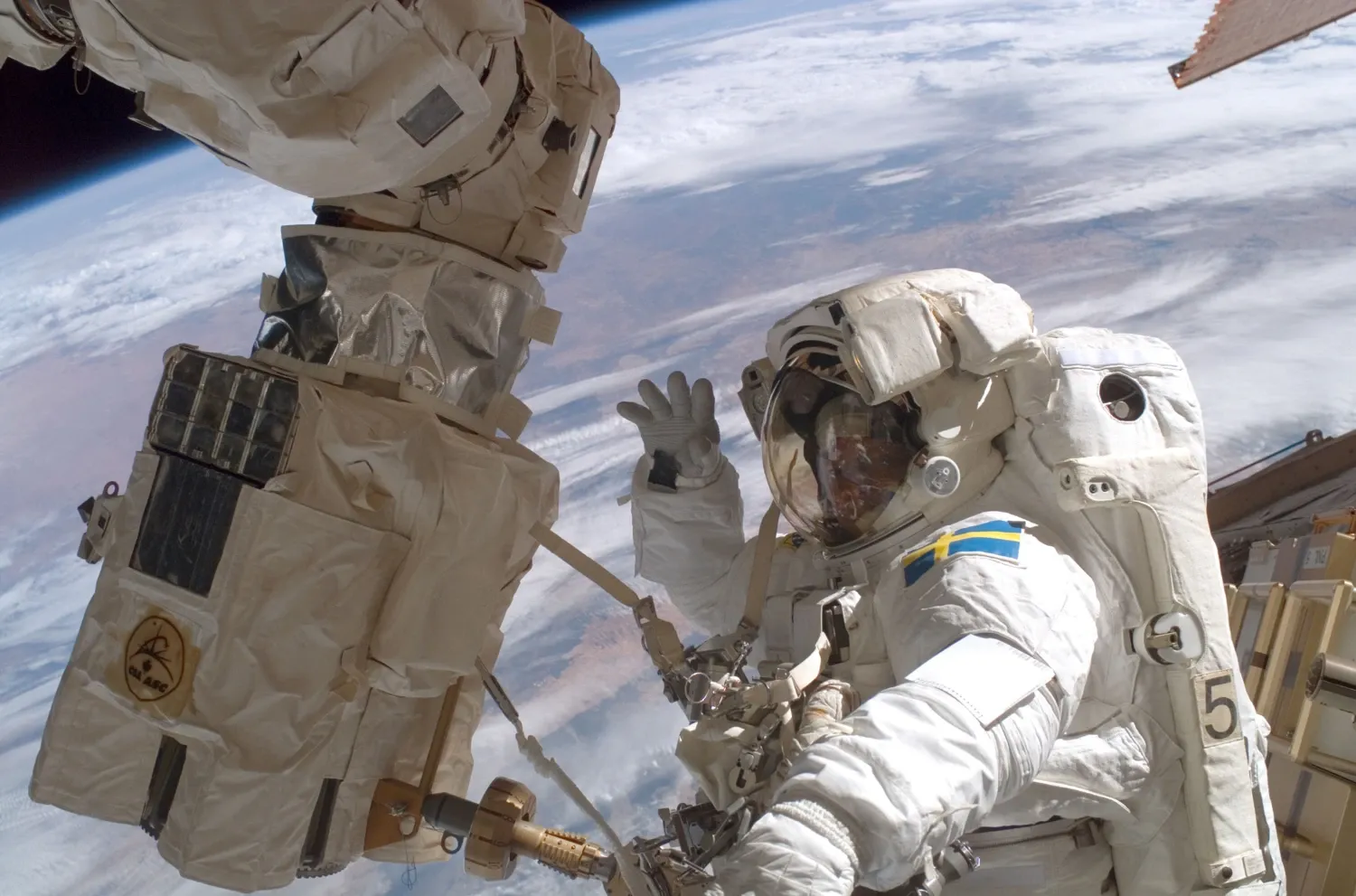Our research
We investigate how the space exposome (i.e. microgravity, radiation, and confinement and stress) affects skeletal muscle mass and function. We are very interested in investigating how spaceflight-induced changes in skeletal muscle affect other organ systems, particularly the skeletal, nervous and immune systems. Given the negative consequences of the space exposome on the human body, and in particular on skeletal muscle, we are involved in projects to develop, test and refine exercise countermeasures to offset these detrimental effects.
Our research combines molecular analysis, imaging information (both at the cellular and tissue/body level) and physical performance outcomes to understand the real consequences of spaceflight for humans and how we can counteract these effects. Our ultimate goal is to facilitate the exploration activities currently being developed by the European Space Agency and other space agencies by maintaining the health and fitness status of crew members.
Another important part of our research is to apply the knowledge gained from our space activities and use it to improve the quality of life of patients suffering from various diseases.

